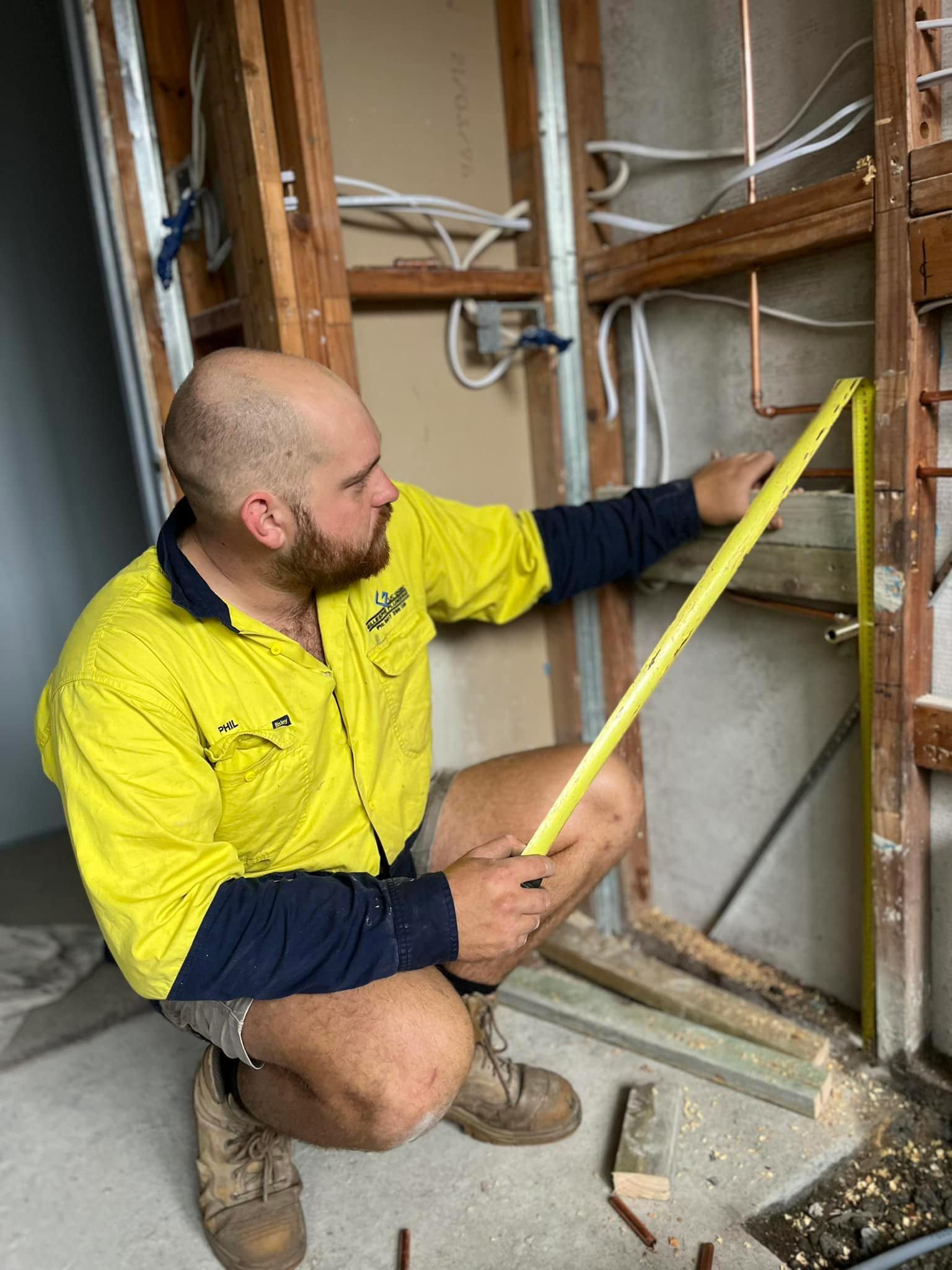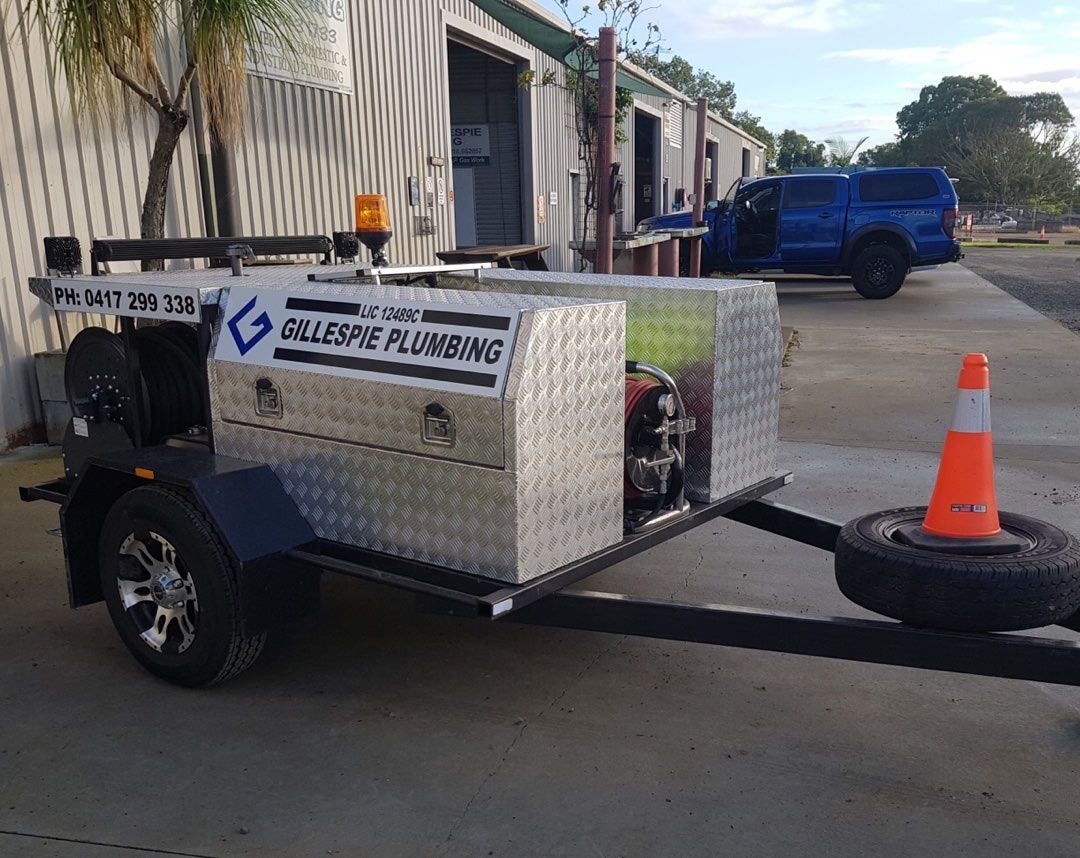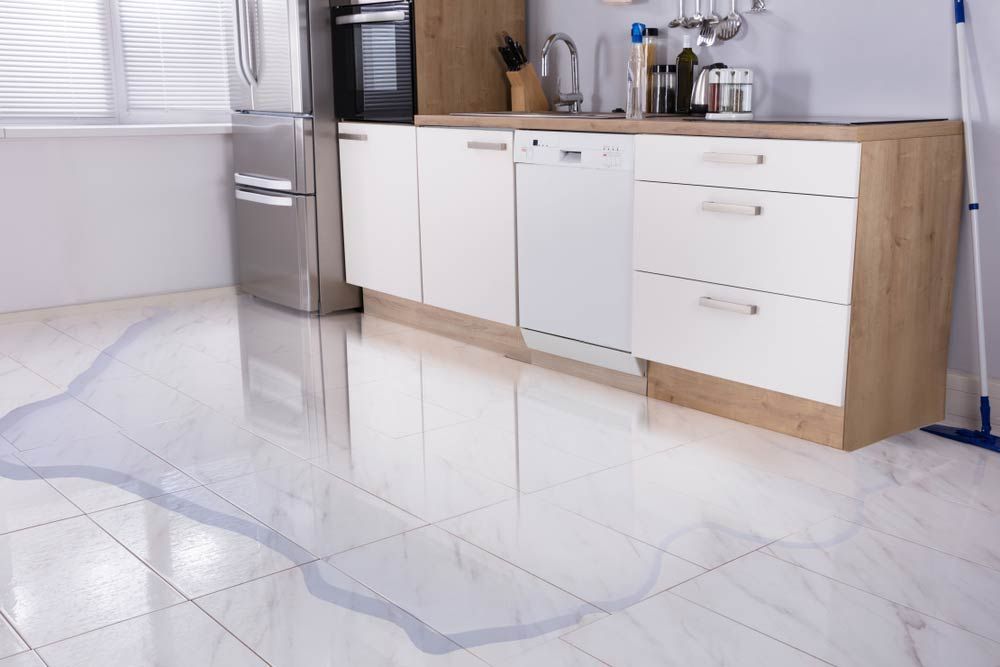How Long Do Hot Water Systems Last
Are you considering the installation of a new hot water system? If you are, its longevity is probably a key consideration. Here we consider how long you can expect solar, gas and electric hot water systems to last. We note the factors that can reduce or improve the lifespan of a hotel water system, as well as tips to ensure your system stays in good working order for as long as possible. We also list the warning signs that may indicate it's time to replace your hot water system.
How Long Do Solar Hot Water Systems Last?
Solar hot water systems can be quite costly to install, but with good care, you can expect them to last somewhere between twenty and thirty years. Modern solar systems are hi-tech options that are extremely cheap to run, which can offset the initial outlay required to buy them.
How Long Do Gas Hot Water Systems Last?
You can expect a traditional tank gas hot water system to last around eight to twelve years - sometimes longer if the system is regularly maintained or usage is light. If you install a tankless gas hot water system, it's likely to be more expensive to run, but you can expect it to last twenty years or more.
How Long Do Electric Hot Water Systems Last?
Electric hot water systems tend to last slightly longer than gas options - an electric system with a tank will last ten to twelve years or more; a tankless system will last at least twenty years.
How To Extend The Lifespan Of Your Hot Water System
Regular servicing
An annual service can make an enormous difference to the longevity of your hot water system. During maintenance, all parts of your system are inspected, cleaned and repaired if necessary. This ensures optimal performance and reduces stress on the system, reducing the risk of costly repairs and helping your system to last as long as possible.
Insulate Your Hot Water Pipes
A good layer of insulation helps the hot water in your system to remain at the desired temperature, reducing the energy needed for your system to deliver the hot water you need at the temperature you need it.
Add A Water Softener
If you live in a hard water area, it's likely that limescale will build up in your hot water system. This can increase strain on the system, potentially causing a hot water system to fail prematurely. Using a water softener to ensure mineral particles are removed from the water before it enters the heater is a good way of safeguarding your system.
Don't Use The System More Than You Need To
The more that you use your hot water system, the more wear and tear it experiences. Whilst it's important that your family's hot water needs are met, keeping hot water usage to a minimum saves energy and water, as well as means there's less stress on your hot water system. This can potentially result in it lasting longer.
When Should I Replace My Hot Water System?
If you notice any of the following symptoms, it could be a sign that your hot water system needs replacing:
- Rust-coloured water.
- The need for frequent repairs.
- Sediment at the bottom of the tank or discharging from your taps.
- Rumbling, groaning or other odd noises.
- Cold water/water taking too long to come up to temperature/hot water running out.
- Moisture or drips in the system, indicating that there is a leak somewhere.
Ready to replace your hot water system? Our gas fitters expertise in installing, repairing & replacing all types of systems. Call us today on 02 6643 1733 to speak with a member from our friendly team!
Contact Us
Site Links
What We Do
Trading Hours
- Monday
- -
- Tuesday
- -
- Wednesday
- -
- Thursday
- -
- Friday
- -
- Saturday
- Closed
- Sunday
- Closed








